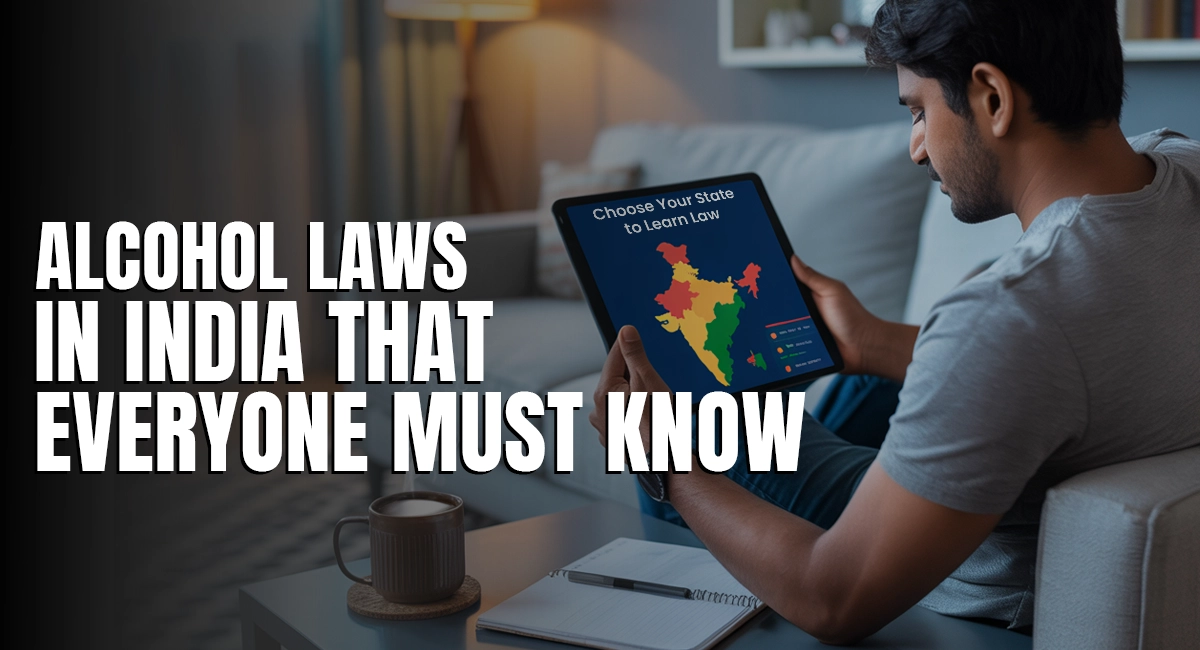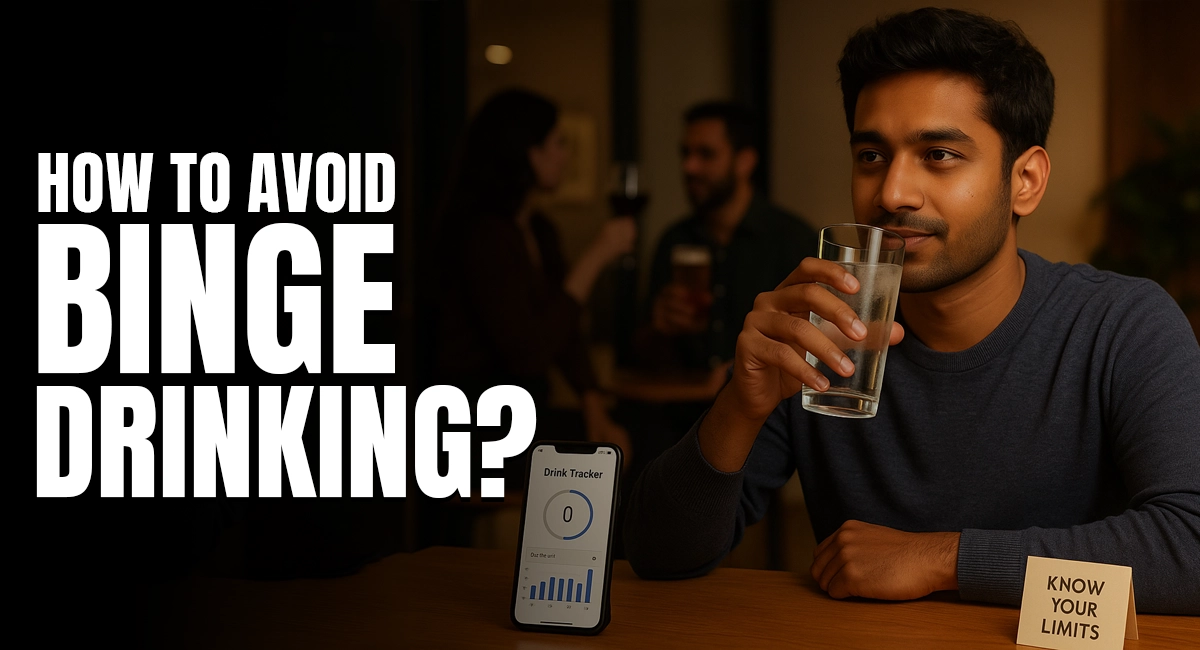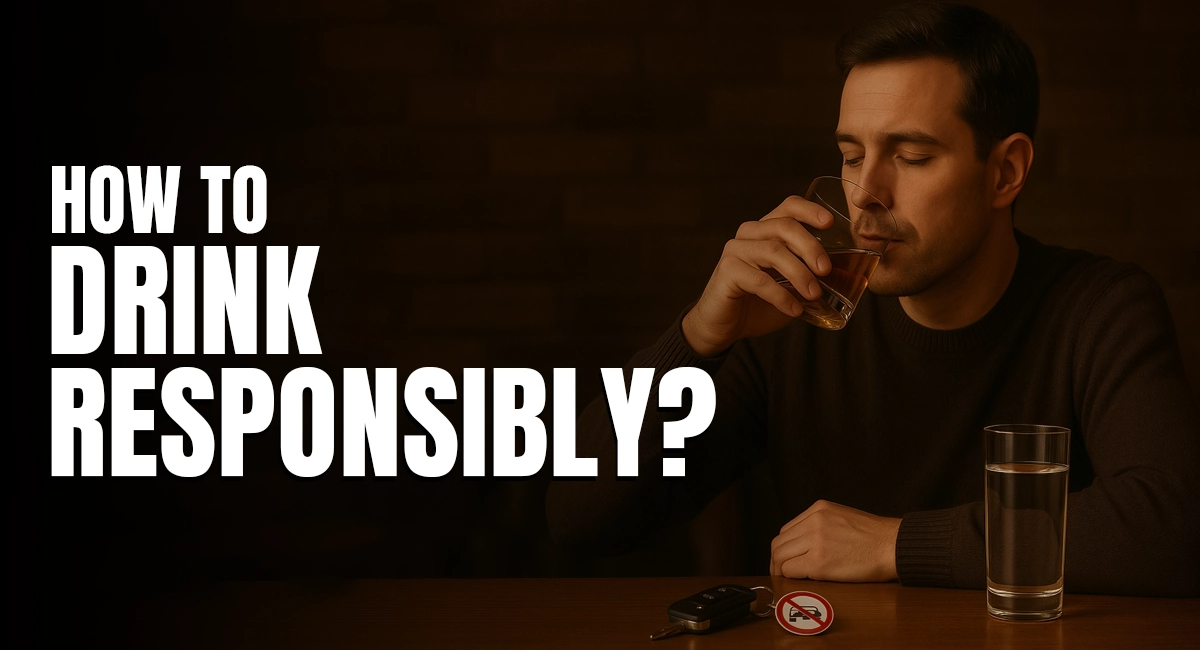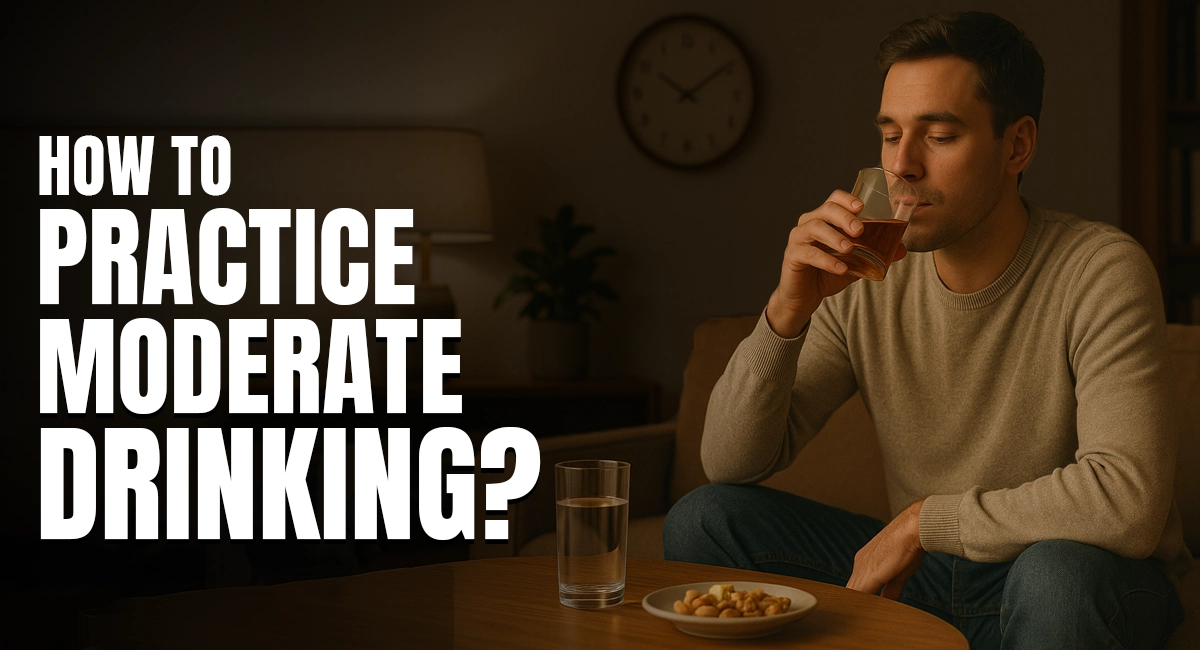Recognizing the Signs of Problematic Drinking
Alcohol consumption is deeply rooted in the social, cultural and even professional life in many parts of the world. From celebrations to casual social gatherings, drinking alcohol is often considered a normal activity. However, when alcohol use begins to interfere with daily responsibilities, relationships or health, it can become problematic. Recognizing the signs of problematic drinking early is crucial for seeking help and preventing long-term consequences. In this article, we explore what constitutes problematic drinking, its warning signs and when to seek professional assistance.
Understanding Problematic Drinking
Problematic drinking is not merely about drinking too much on a single occasion; it refers to a pattern of alcohol use that negatively affects a person’s life. This includes behaviours like drinking in dangerous situations, inability to control consumption and continued drinking despite clear negative consequences. Problematic drinking can range from binge drinking to alcohol use disorder (AUD) and it can impact mental, emotional and physical health.
According to the World Health Organization (WHO), alcohol misuse is a leading risk factor for over 200 diseases and injuries. It is also associated with accidents, interpersonal violence and social dysfunction. To understand that what constitutes the problematic drinking is the first step toward addressing it effectively.
Common Behavioural Signs of Problematic Drinking
Recognizing problematic drinking often starts by paying attention to behavioural patterns. Some common signs include: -
1. Drinking More or Longer Than Intended
One of the earliest indications or signs of problematic drinking is the inability to limit alcohol consumption. Individuals may start with the intention of having “just one drink” but end up drinking more than planned, both in quantity and duration.
2. Neglecting Responsibilities
Alcohol can interfere with work, school or family obligations. Missing the deadlines, performing poorly at work or neglecting household responsibilities may signal that drinking has begun to take precedence over important daily tasks.
3. Using Alcohol to Cope
While many people drink socially, those with problematic drinking often rely on alcohol to manage stress, anxiety or depression. Using alcohol as a coping mechanism can create a dangerous cycle where the underlying issues remain unaddressed.
4. Risky Behaviour
Drinking can impair judgment, leading to dangerous situations such as driving under some influence, unsafe sexual activity or aggressive behaviour. Repeated engagement in risky behaviours while drinking is a serious warning sign.
5. Social Withdrawal or Changes
Problematic drinking can affect social relationships. Individuals may withdraw from family or friends, isolate themselves or gravitate only toward those who also drink excessively. Noticeable changes in social circles or habits often accompany problematic drinking.
Physical and Health-Related Signs
Alcohol affects almost every organ in the body and problematic drinking often manifests physically. These signs include:
1. Frequent Hangovers
Experiencing hangovers regularly, even after moderate drinking, may indicate the body is being taxed beyond its limits.
2. Health Complications
Chronic drinking can lead to liver problems, digestive issues, heart disease or a weakened immune system. Early signs may include nausea, abdominal pain or unexplained fatigue.
3. Changes in Appearance
Neglecting personal hygiene, sudden weight fluctuations or skin changes (such as redness or acne) may indicate excessive alcohol consumption.
4. Increased Tolerance
When a person needs to drink more over time to achieve the same effects, it signals the body is developing a tolerance, a hallmark of dependency risk.
Psychological and Emotional Indicators
Alcohol does not just affect physical health; it also majorly impacts mental and emotional well-being. Key indicators include:
1. Mood Swings
Problematic drinking often causes the irritability, anxiety, depression or emotional instability. Alcohol can mask these feelings temporarily, but over time, it exacerbates them.
2. Preoccupation with Drinking
Spending significant time thinking about drinking, planning the next occasion to drink or recovering from drinking sessions is a sign that alcohol is dominating a person’s life.
3. Denial or Rationalization
Individuals may downplay the severity of their drinking, make excuses or deny negative consequences. This defensiveness is a common psychological response to problematic drinking.
Social and Legal Consequences
Problematic drinking rarely remains a private matter. It often leads to external consequences, including:
- Relationship Strain: Conflicts with the family, friends or colleagues.
- Professional Issues: Poor job performance, absenteeism or termination.
- Legal Problems: Arrests related to DUI (driving under the influence), public intoxication or disorderly conduct.
The presence of these given consequences, particularly when repeated, strongly then it suggests a problematic relationship with alcohol.
When to Seek Help?
Recognizing these signs is essential, but taking action is equally important. Here are some steps needs to be considered: -
1. Self-Assessment
Reflecting honestly on one’s drinking patterns can help determine if intervention is necessary. Screening tools like the AUDIT (Alcohol Use Disorders Identification Test) provide structured guidance.
2. Professional Support
Consult with healthcare professional, counsellor or the addiction specialist can provide guidance on various treatment options. Interventions may include therapy, support groups like Alcoholics Anonymous (AA) or medical treatment in severe cases.
3. Support from Loved Ones
Friends and family can play a vital role by offering the non-judgmental support and positive support, encouraging professional help and also helps to participating in recovery efforts when appropriate.
Preventive Measures
- Limit Alcohol Intake: Set clear personal limits on drinking frequency and quantity.
- Avoid Triggers: Recognize situations that lead to excessive drinking and develop alternative coping strategies.
- Stay Socially Engaged: Try to maintain healthy relationships and avoid social isolation.
- Seek Help Early: Address the mental health issues like anxiety or depression before they lead to the self-medication through alcohol.
| Read More:- Why Should You Follow Mindful Drinking? |
Conclusion
Problematic drinking can creep into life subtly, making it easy to ignore until it causes serious harm. By understanding the behavioural, physical, psychological and social signs, individuals and their loved ones can take early action. Recognizing the problem is the first step toward regaining control, improving health and rebuilding relationships.
Early intervention, professional guidance and a strong support system can transform lives and also helps to prevent the long-term consequences of alcohol misuse. Awareness and action are crucial because the sooner problematic drinking is addressed, the better the chances of recovery and a healthier future. For more latest content stay connected with boozerscouncil.org, we will be back with new post.
Recent Post
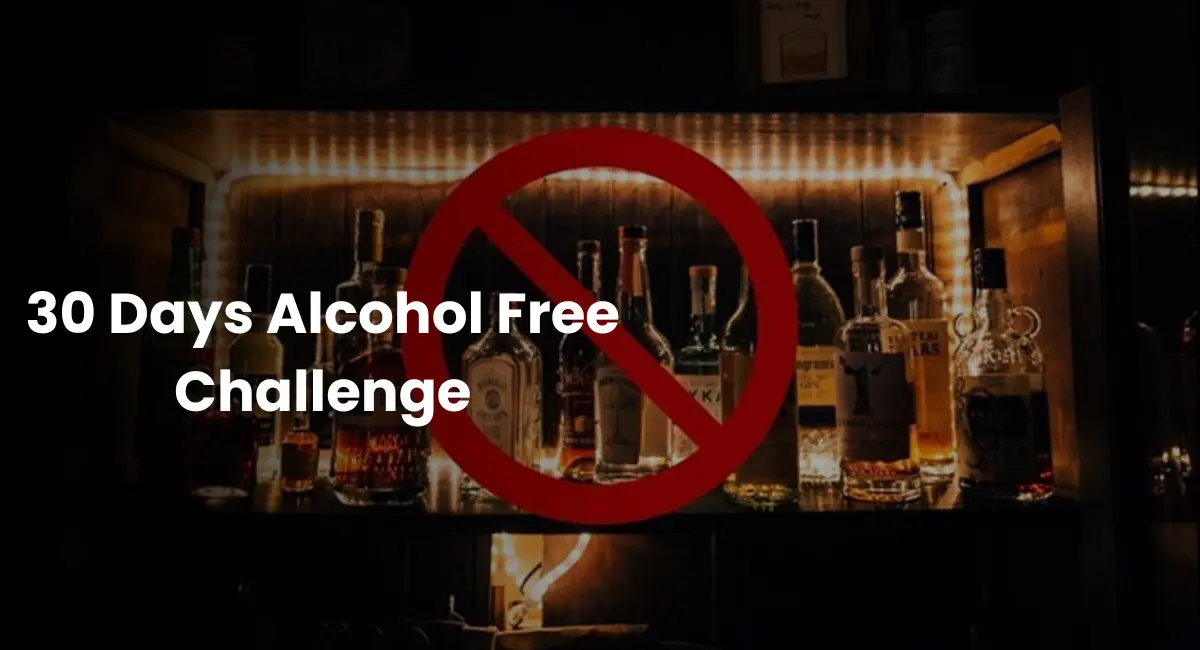
Alcohol-Free Challenge
This challenge isn’t about lifelong abstinence or strict rules; it’s about pausing, observing and understanding how alcohol truly...
December 17, 2025

Role of Schools and Colleges in Alcohol Awareness
This blog explains how schools and colleges can contribute effectively to alcohol awareness in line with widely recognised...
December 15, 2025
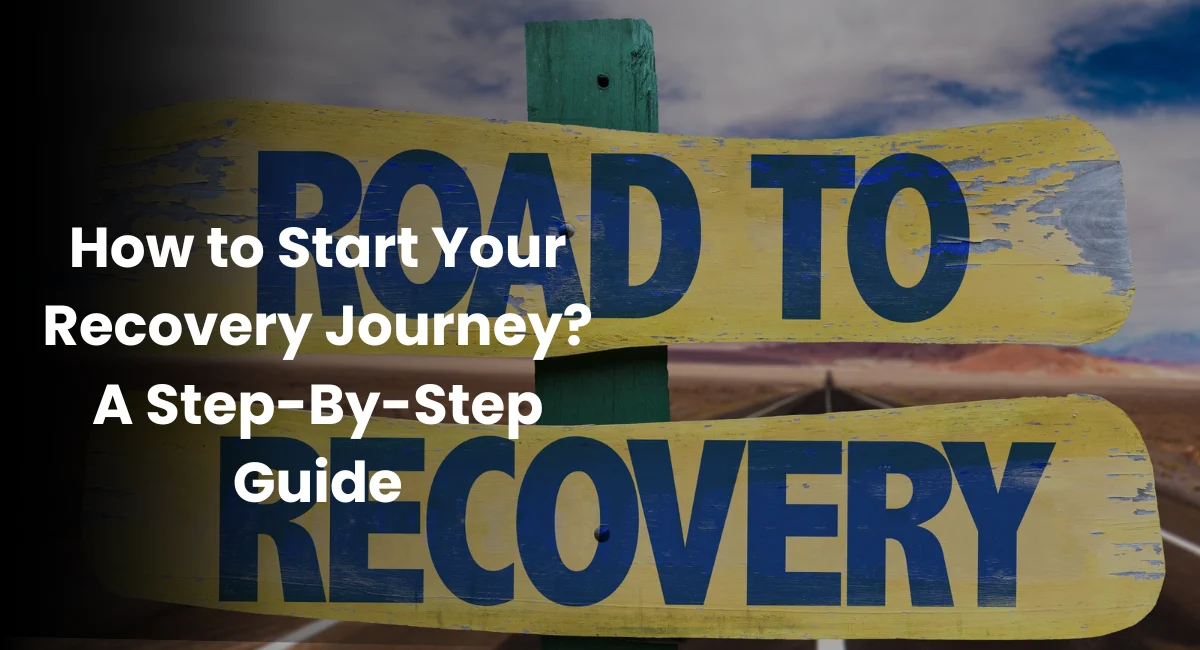
How to Start Your Recovery Journey from Alcohol Addiction
Recovery is a continuous process of healing, self-awareness and growth. With the right mindset, professional guidance and support...
December 09, 2025
Get The Free Quote!
KEEP IN TOUCH
POPULAR POSTS
Alcohol Laws in India
This decentralization results in widely varying legal drinking...
August 14, 2025 • 654 views.Binge Drinking
Binge drinking is often portrayed in movies and...
August 04, 2025 • 385 views.How Stress and Anxiety Can Lead to Unhealthy Drinking Habits
In this blog, we’ll explore how stress and...
October 17, 2025 • 362 views.How to Drink Responsibly
In this guide, we’ll explain and guide what...
July 31, 2025 • 309 views.How to Practice Moderate Drinking
In this blog, we’ll explore what moderate drinking...
August 02, 2025 • 308 views.



